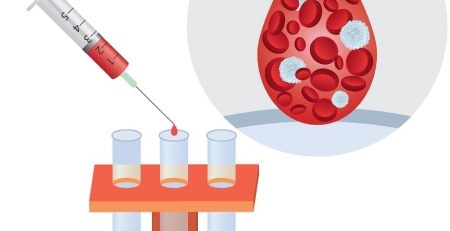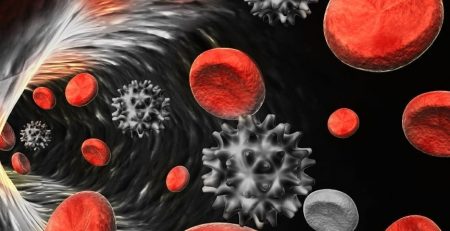COVID-19 May Threaten the Entire Nervous System, New Study Finds
According to IFLScience.com, a new review of Covid-19 research by researchers from Northwestern University Feinberg School of Medicine and the University of Colorado School of Medicine has found that approximately half of hospitalized patients experience neurological symptoms, “which the authors say suggests that the illness is one that threatens the entire nervous system, rather than solely being a respiratory infection.” These neurological manifestations ranged from mild symptoms, such as headache, dizziness, difficulty concentrating and loss of taste and smell, to more serious complications like seizures or strokes, and they may also appear before fever or cough according to a statement from Northwestern University.
Prior research has shown that Covid-19 can affect the brain, spinal cord, nerves, and muscles in several different ways, as well as the lungs and heart, “which can lead to a lack of oxygen in the brain, or clotting disorders that can lead to strokes.” According to a recent study in JAMA Neurology, the virus may also directly infect the brain. The aforementioned neurological symptoms can also be caused by the reaction of the immune system.
Overall, 25 percent of patients showed evidence of central nervous system dysfunction including dizziness (17 percent), headache (13 percent), and impaired consciousness (7.5 percent). Three percent suffered disorders that affect the blood vessels and blood supply to the brain (acute cerebrovascular disease), 0.5 percent experienced ataxia (loss of full control of bodily movements), and 0.5 percent had seizures.
“It’s important for the general public and physicians to be aware of this, because a SAR-COV-2 infection may present with neurologic symptoms initially, before any fever, cough or respiratory problems occur,” lead author Dr. Igor Koralnik, chief of neuro-infectious diseases and global neurology at Northwestern Medicine, said in a statement. “This understanding is key to direct appropriate clinical management and treatment.”














